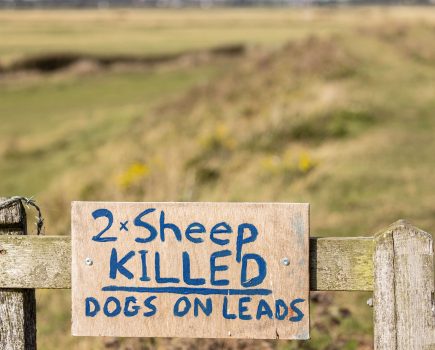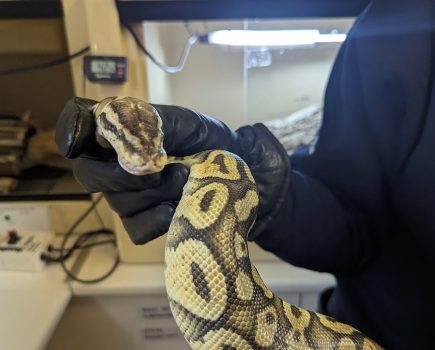JAN 17, 2013: Keeping your animals dry and mud free can be a challenge at this time of year.
I honestly can’t remember a wetter summer and autumn than we had last year, and created no end of problems for everyone, whether growing crops and vegetables or rearing bees and livestock. The cereals harvest across the country was an especially tricky one for farmers, with most reporting lower yields. Some have even had difficulty getting their machinery onto the land for harvesting. So it’s no wonder that all this wet weather had an effect on our animals too. While the pigs might have enjoyed a good wallow in the mud, most of the other livestock didn’t, and in some cases they really do suffer from its effects. When their skin is constantly exposed to wet and muddy ground it can get quite ‘spongy’, and once the skin’s lost its integrity it presents an ideal opportunity for naturally-occurring soil bugs to take hold. Muddy wool In sheep, for example, you might see patches of what looks like ‘lumpy wool’ on their backs. If you look closely you’ll see clumps of wool held together by a sticky mass, or greyish scabs, and sometimes you can see new growth coming through underneath. This is caused by bacteria (Dermatophilosis), and is exactly the same organism that’s responsible for ‘rain scald’ on horses’ backs and ‘mud fever’ on their legs and heels. Although many horse owners will have their equines rugged and booted-up to the nines to give them as much protection as possible, a lot of the native breeds, like our Exmoor ponies, don’t need this – and I’ve never yet seen a field of sheep in overcoats! Scald The other problem for sheep on wet, muddy ground is scald, caused by another soil bacteria, in this case Fusobacterium Necrophorum. The wet skin between the sheep’s digits gets rubbed and softened by mud, letting the bacteria take hold. If caught early enough, scald can be treated quite easily with an antibiotic spray from your vet, but if the sheep has to stay on a wet field, it’s likely to come back again and, if not treated quickly, can progress to full-blown footrot, which can be much more difficult to treat. Fungal Spores The poultry aren’t keen on the rain and mud either (even ducks don’t like too much mud!) and however much they preen themselves, a chicken’s feathers do suffer in the wet, and shabby feathers will hamper a chicken’s ability to keep warm. So make sure they have some shelter in their run, and try to stop the ground getting muddy; wood chip is ideal, but make sure it doesn’t have bark on it, as this can harbour fungal spores (Aspergillus) that can cause respiratory disease in poultry. Build up a resistance to disease Thankfully, all these conditions will respond to the right treatment from your vet, but as the organisms are widely present in the environment, there’s precious little you can do to protect them from the outside. The best way you can help is to build their resistance to disease from the inside: by making sure they have all the minerals and vitamins they need to support healthy skin, wool, hair and feathers, you can keep all your animals warm and happy through the British winter! If you do suspect that your animals are suffering from any of these conditions, it always makes sense to ask your vet to have a closer look, as there are other diseases that can have similar symptoms. The vet will be able to take ‘skin scrapes’ (which won’t hurt the animal) and send them off to a laboratory where they can identify the exact cause, and prescribe the most appropriate treatment. * The Adam Henson Smallholder Products offer mineral licks and sprays, created to supplement your animals’ nutrition and boost their well-being. For more information visit www.ahsmallholder.com. To learn from Adam’s farming techniques first hand visit the Cotswold Farm Park: www.cotswoldfarmpark.co.uk Highlighted Products: Hoofix Continuous wet weather compromises the integrity of skin (and horn), leaving it susceptible to infection, eg. mud fever and rain scald in horses’lameness – scald – in sheep, and poor feathering in poultry. Perhaps refer to one of the donkeys at the Cotswold Farm Park that has had a touch of mud fever, and how Adam and the staff have been treating it. Emphasise importance of maintaining skin’s natural resillience and the role of chelated zinc.







